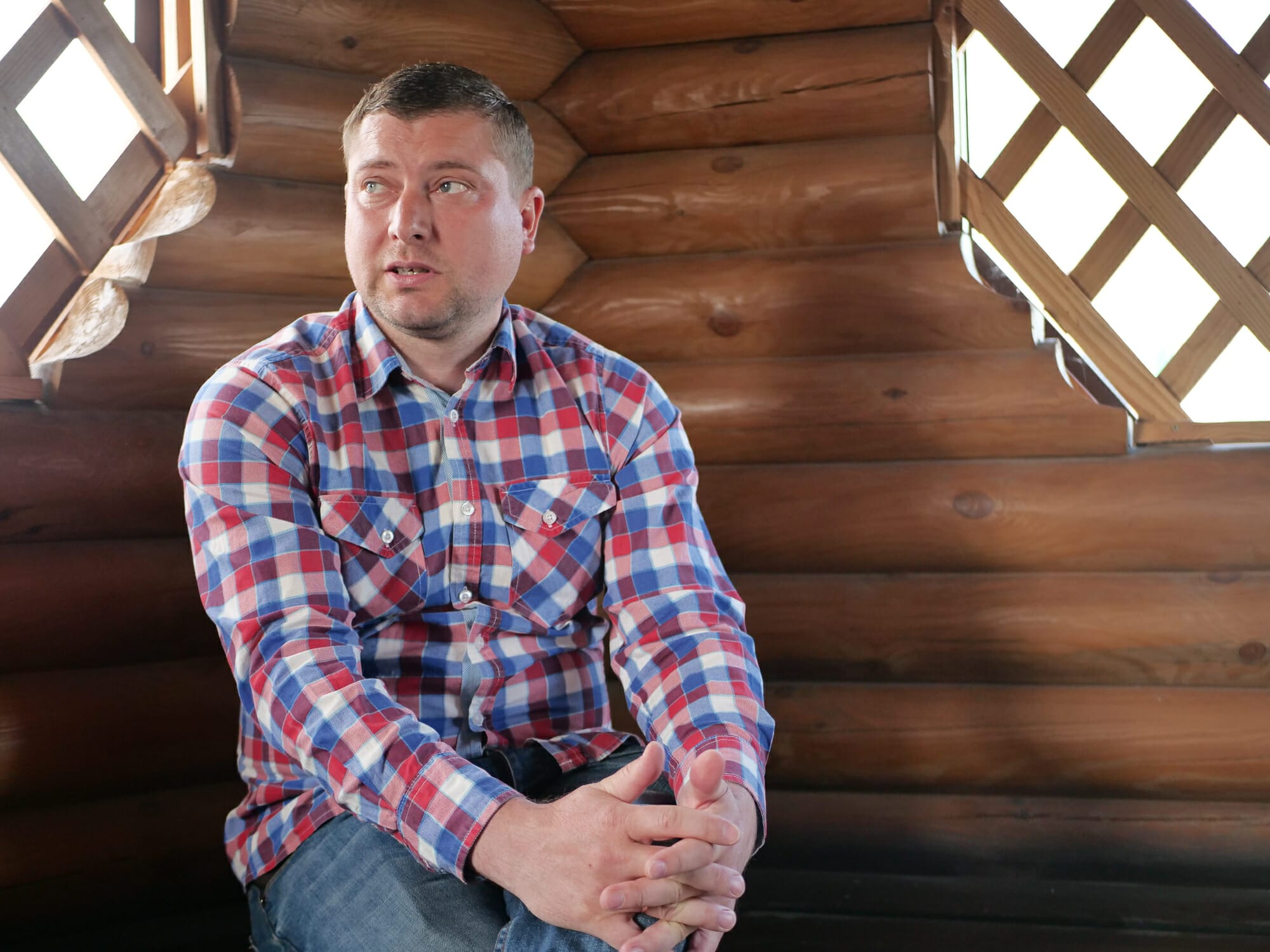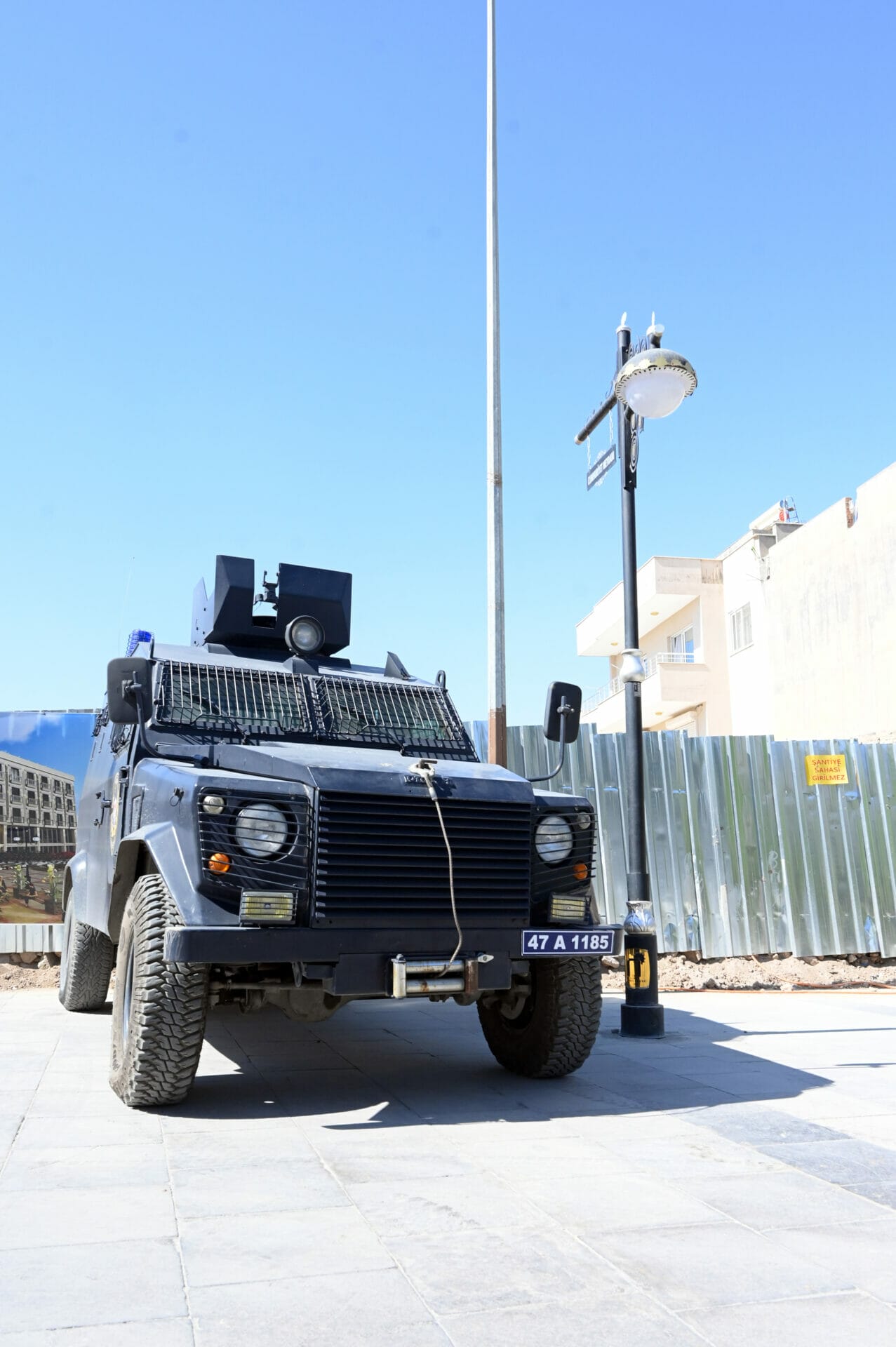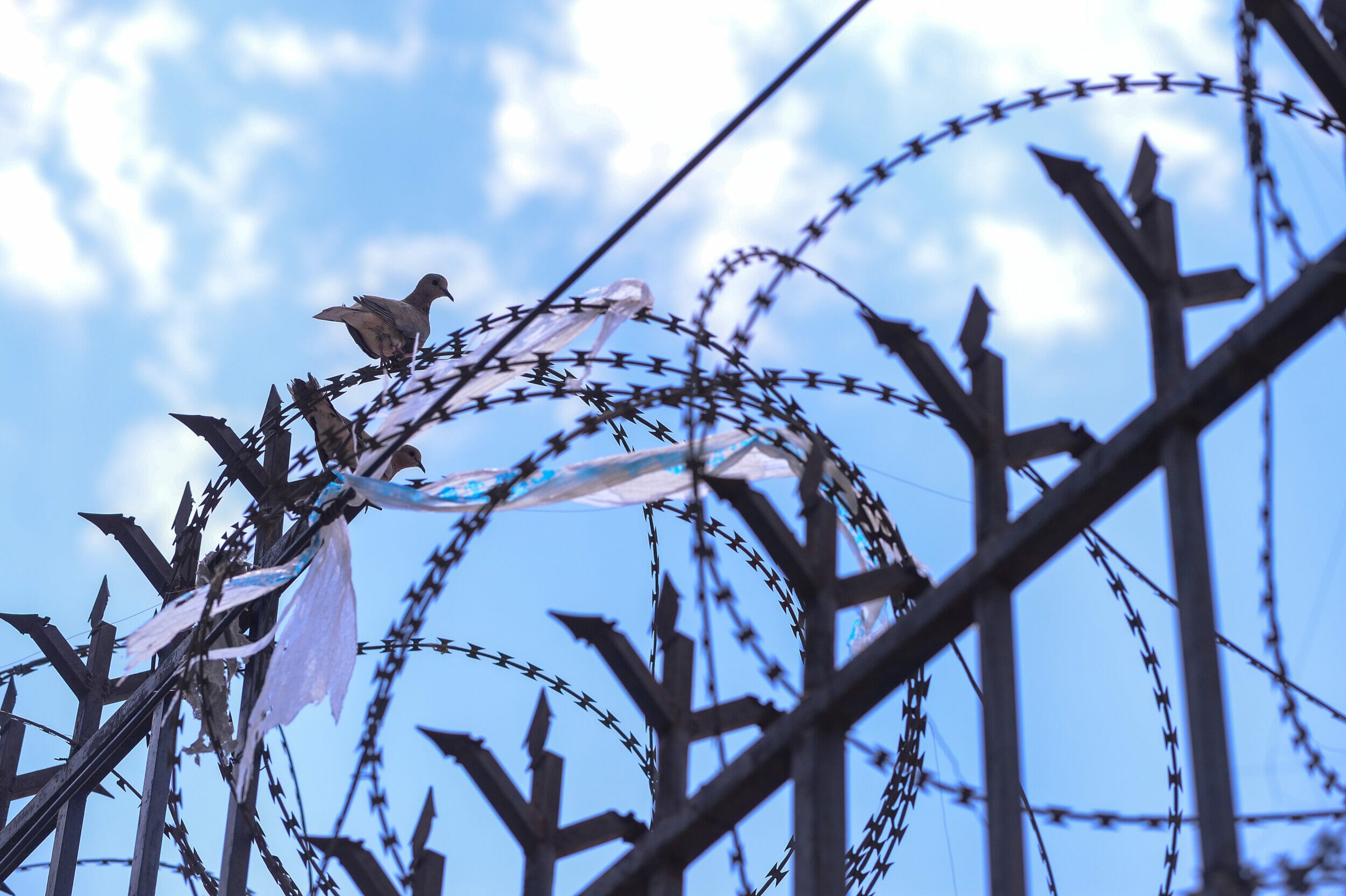Fighting Windmills: Anas al Mustafa and the Turkish State
Arrested, deported, returned: Syrian Anas al Mustafa is taking legal action against what the Turkish state did to him. But the Turkish judiciary is another obstacle.
Anas al Mustafa apparently won his fight against the Turkish authorities, but he is still denied the victory. In a 15-pages document the Working Group on Arbitrary Detention (WGAD) of the Office of the United Nations High Commissioner for Human Rights (UNHCHR) for the UN Human Rights Commission (HRC) stated in May of this year that the now 43-year-old was robbed of his freedom in violation of the human rights convention.
Volunteer in government’s crosshairs
Brief review: Al Mustafa fled Syria to Turkey in 2016. In Konya he built a new life and built up an international network as a supporter of widows and orphans. An arrest for no reason, according to im, was followed in 2020 by a voluntary return to Syria, according to Turkey. Less than half a year later he is back in Konya and is also looking for a legal dispute on an international level. We met him in Konya in autumn 2021.
The victim now sees himself confirmed. Al Mustafa emphasizes right at the beginning of the conversation and again and again during the course of it:
“That means I’m 100 percent innocent.”
In fact, the working group takes a clear line after allowing both parties to have their say. The Turkish government should take the “necessary steps” to “resolve al Mustafa’s situation without delay and bring it into conformity with the relevant international norms”. His arrest was arbitrary and the deportation a violation of the principle of non-refoulement. In all circumstances, al Mustafa should also be compensated. He should be given protection under international law to either legalize his status or initiate relocation to a third country.
Increasing migration pressure
But since then nothing has happened. “I feel like I’m collapsing,” says al Mustafa on the phone in a frantic and trembling voice. Despite this clear stance, he still does not get the opportunity to defend himself as a Syrian guest or as a person before national courts. “What should I do?!” he comments desperately. Should he lose his mind instead of getting his rights? In the end, he was forced to take the illegal route to Europe.
Human rights attorney Kurtulus Bastimar knows about al Mustafa’s legal struggle. “The regional administrative court recently ruled that a G-82 code is compatible with national law and the decision at first instance was not unlawful,” he explains – without justification; a common problem in Turkey according to him.
al Mustafa and the G-82 code
This restriction code is actually imposed for “anti-national security activities,” according to the WGAD analysis. But the Turkish government did not even present reasons why al Mustafa should pose a threat. Just as little as for the deportation. It can therefore only be assumed that his humanitarian commitment to widows and orphans led to imprisonment and deportation; or at least were a factor.
Terror accusation as a pretext for deportation
According to Bastimar’s assessment, both courts are therefore acting against international law, and he now wants to appeal to the constitutional court. But even if it was to decide against al Mustafa and for the G-82 code, the contradiction to international law would remain. “International law prevails over national law,” notes the lawyer. He therefore suspects that the – national – legal basis for another deportation of the Syrian should be laid. Even if this threat is not imminent in the case of al Mustafa for the duration of the legal dispute. “The government wants to deport all these people,” he says.
He now has more than 60 similar cases.
What remains would be another, lengthy walk to the higher instance: the European Court of Human Rights (ECtHR). “It will also help us to show Europe that people are suffering under these circumstances in Turkey,” he says.
Back in volunteering
Al Mustafa, however, would be happy to face any investigation, he says. Then he could at least defend himself fairly – but no allegations have been made against him so far. “I really don’t know what to do,” he sighs. “I don’t want to go back to Syria. I don’t want to be kidnapped or murdered there.” At least the 43-year-old has broken cover again in recent months and has resumed his humanitarian work.
Vorgeschlagene Beiträge

Dmitro Soochekov’s painful return to Bakhmut

“They rule with fear”: HDP Mardin on the situation in Turkey

Ineffective confirmation of admission promises: lawyers in the dock
[mc4wp_form id=239488]



Leave a Reply
You must be logged in to post a comment.